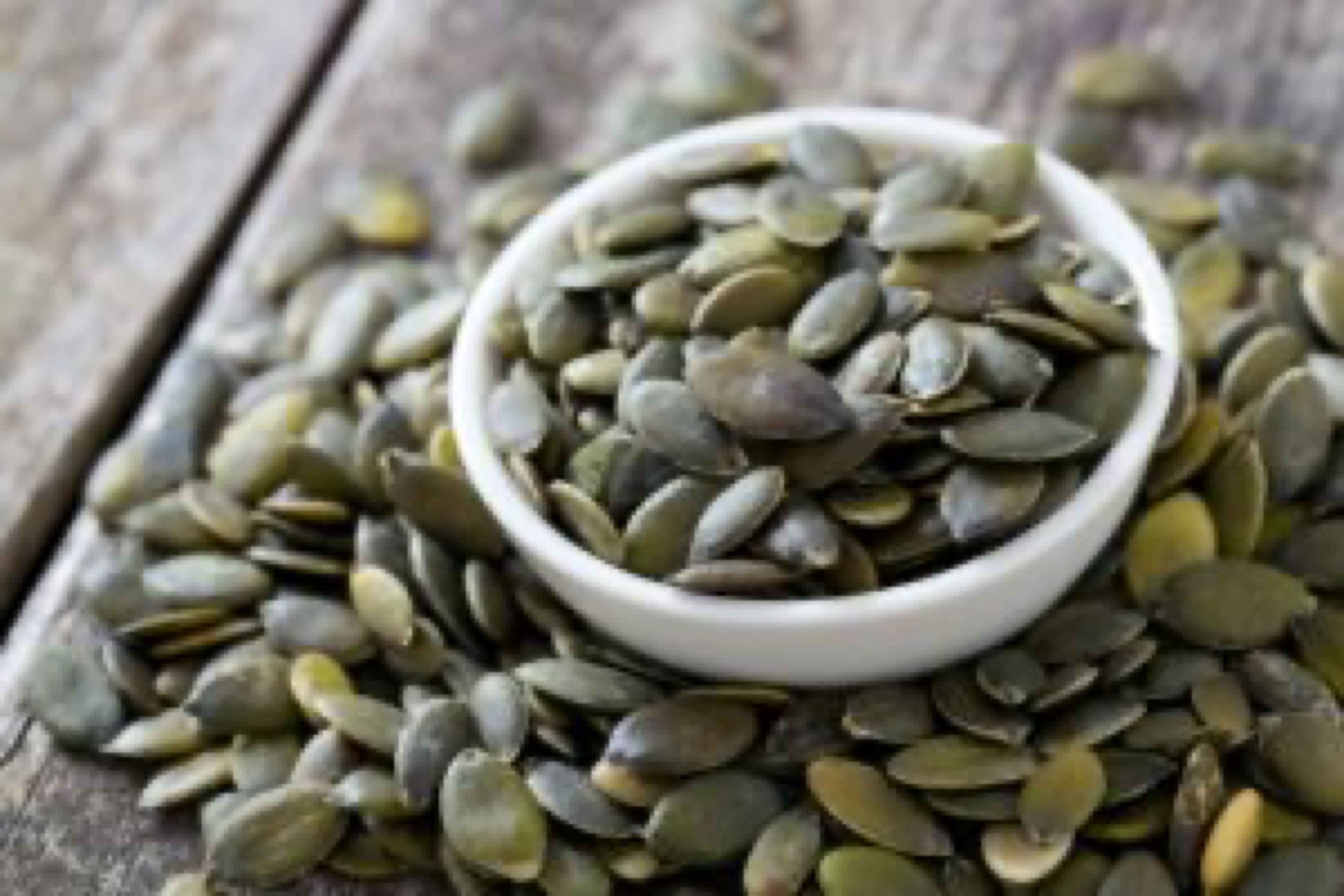The Signs and Symptoms of a Possible Zinc Deficiency in Your Child
 You may never have given a thought to whether your child gets enough zinc in the diet but a zinc deficiency is surprisingly common.
You may never have given a thought to whether your child gets enough zinc in the diet but a zinc deficiency is surprisingly common.
Zinc deficiency in children can lead to several problems, including stunted growth, impaired immunity and even developmental delays.
Symptoms can range from some feeding difficulties and poor growth to more severe issues like recurrent infections, diarrhea, and skin conditions.
An inadequate zinc intake can even even impact your child's behavior and mood.
Here are the top ten signs to look out for!
- Your child is frequently sick.
- Being a fussy eater.
- They have a poor appetite.
- Your child suffers from dry skin or the symptoms of eczema.
- White spots appear on their nails.
- Your child becomes upset at loud sounds - for example, the vacuum cleaner or garbage truck.
- They have auditory processing issues.
- They can also have tactile sensory issues.
- They can suffer from food sensitivities or a leaky gut which can cause various skin issues including acne in older children.
- Your child has attention/focus issues or becomes easily irritable or depressed.
What causes such a zinc deficiency?
While the most obvious one is a poor diet, other reasons can be:
- Exposure to BPA and other plastics which can block zinc absorbency.
- Exposure to heavy metals.
- Not getting rid of toxins.
- Diets lacking animal proteins yet high in legumes and whole grains (which contain phytates that bind and make zinc absorption difficult).
How can you include zinc-rich food in your child's diet?
Here are some suggestions:
- Pumpkin seeds
- Grass-fed beef
- Lamb
- Cashews
- Chickpeas (Garbanzo beans)
- Mushrooms
- Chicken
- Kefir or yogurt
- Spinach
- Cocoa powder
 Most of those in the USA are unaware of the possibility of a zinc deficiency in both adults and children.
Most of those in the USA are unaware of the possibility of a zinc deficiency in both adults and children.
A significant problem for most countries in the world, the World Health Organization (WHO) reports that the global prevalence of zinc deficiency is 31%.
SOURCES:
https://pmc.ncbi.nlm.nih.gov/articles/PMC3137936
https://www.who.int/tools/elena/bbc/zinc-stunting


